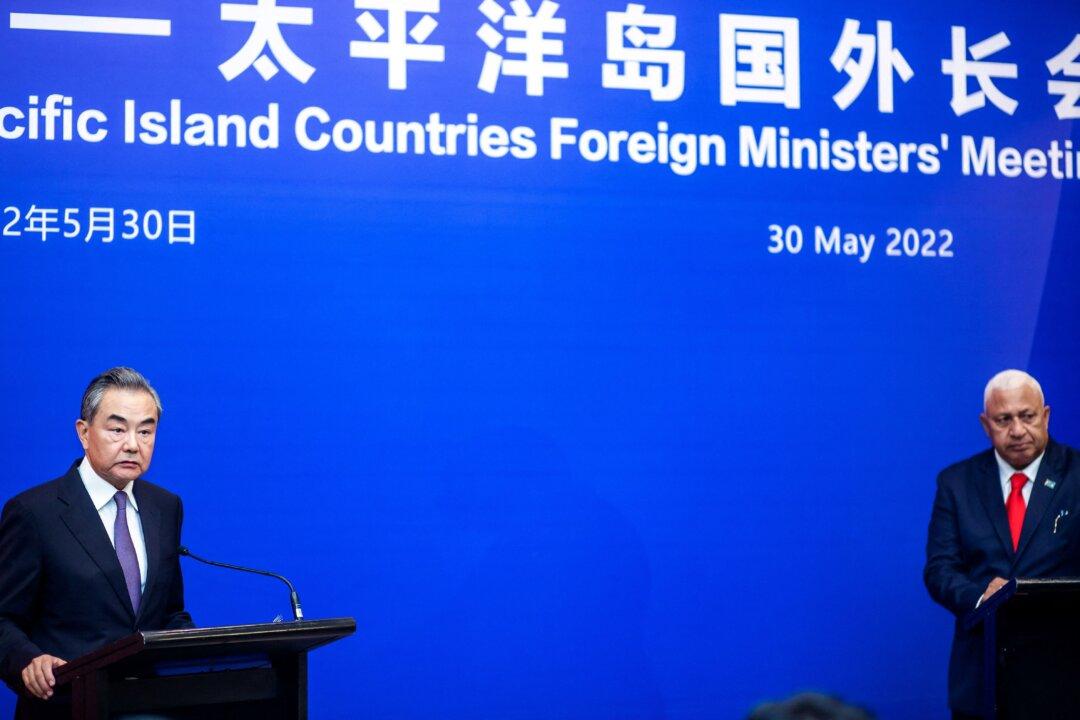The global Inter-Parliamentary Alliance on China (IPAC) has announced a new forum to tackle Beijing’s ongoing influence in the South Pacific, including its contentious military security pact with the Solomon Islands.
IPAC was formed in 2020 following the outbreak of COVID-19 and is comprised of 200 MPs from 23 countries who seek to shape policy and discussion on the threat posed by the Chinese Communist Party (CCP).





